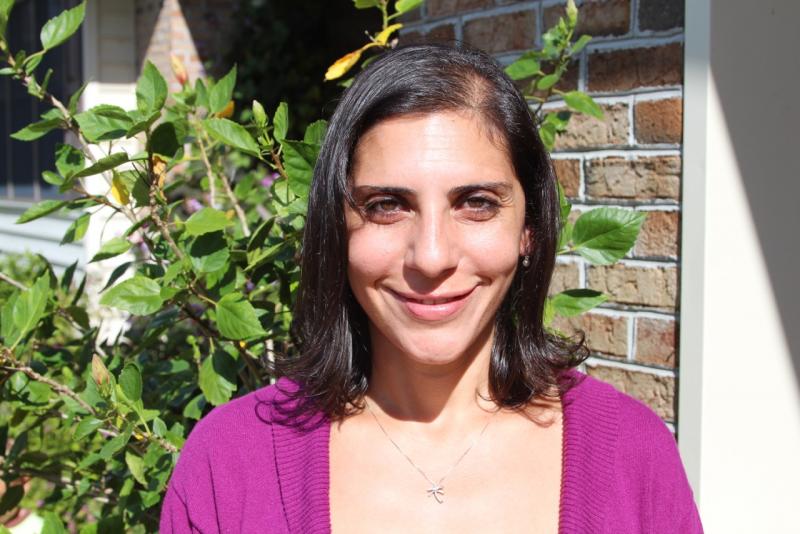School is back in session on Delmarva, and with all the activities and obligations everyone has, life gets busy. Many are familiar with making sacrifices to keep the family working like a well-oiled machine, and one thing people generally cut first, according to sleep specialist Sherin Howett, DO, is the amount of hours they sleep during the night.
"We work harder, stay out later - there tends to always be a reason why we pull out of the pot of sleep," said Howett "We really need a full bank as far as sleep goes because when we have sleep-related symptoms, we feel the level of fatigue is acceptable, when in reality, it's not."
While there is not a standard, predetermined amount of sleep that an individual should be getting - some need seven hours while others require closer to 10 - what is important is that people are getting both the quality and quantity required for their individual physiological makeup. Howett says the measure is simple: "You should wake up feeling refreshed and energetic. Regardless of how many hours you sleep, when you wake up, if you don't feel that way, something is wrong."
Many people function in a space where they feel like their fatigue is normal, and sometimes it can be. There are many things Howett says can affect the quality of sleep at night. Some are more situational, like caring for a newborn, but others can be more serious, like sleep apnea (which some may not know they suffer from), or another common culprit, insomnia.
Common red flags that one may overlook are not only the common fatigue which can lead to higher levels of depression and anxiety, but more overt signs, like a spouse alerting a person to constant snoring. Even symptoms like mental fogginess that are sometimes blamed on age can be a sign of sleep disturbance.
The main message she wants potential patients to know is that it's always OK to come and see a sleep specialist. A lack of quality sleep, while OK once in a while, can have negative side effects when left untreated. "For example, people who have untreated obstructive sleep apnea have a higher risk of heart attack and stroke, more difficulty controlling blood pressure, higher sugar levels, and slower metabolism, which can make losing weight more difficult," said Howett.
The good news? There is generally a lot that can be done to help patients get a better night's sleep once a sleep disorder has been properly diagnosed. "People can feel defeated, especially with insomnia. Oftentimes, people have been through so much with their sleep disturbances, but keeping an open mind is key to fixing sleep issues," she said. Howett urges those who have been putting off treatment or diagnosis to come in and be open to creative solutions. She enjoys working with patients to clean up sleep hygiene and get to the root of their issues.
"I got into this business with the genuine desire to help patients, and sleep medicine is an area where you can really do that," she said. Howett is now accepting new patients at her Millsboro office, The Pearl Clinic. For more information, go to www.pearlclinicllc.com.


















































